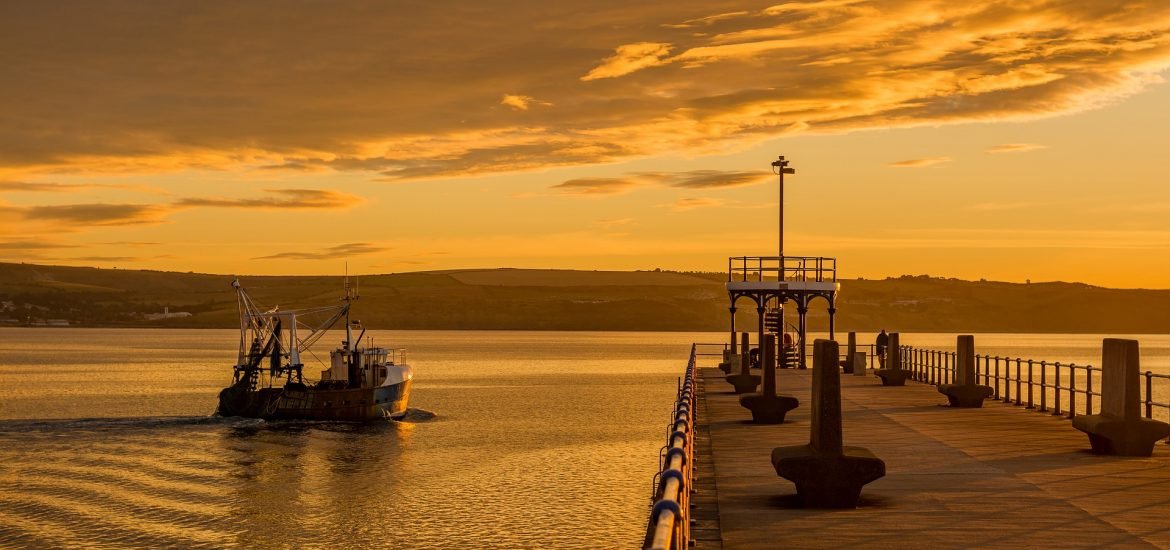
New research accuses a number of European countries of ignoring recommended fishing quotas in the Atlantic. The author says that by disregarding scientific advice and overfishing, European Union members are undermining international efforts to restore fish populations to healthy levels.
The research was published on Thursday by the New Economics Foundation (NEF), a London-based think tank focussing on sustainable economics and public policy issues.
NEF’s report examined 124 decisions for total allowable catch (TAC) of commercial fish species in 2018, which EU ministers made at the end of last year. Fishing quotas were evaluated based on the tonnes of TAC above levels that scientists have said are required for the sustainable management of Atlantic fish stocks.
The analysis found that 57 TACs – nearly half of the fish stocks reviewed – were set above scientific recommendations, totalling more than 206,000 tonnes of excess TAC. The UK, Ireland, the Netherlands, Denmark and Spain were listed as the “worst offenders,” with excess TAC ranging from around 13,500 tonnes in Spain to nearly 80,000 tonnes in the UK.
The foundation’s research was based on catch limits recommended by the International Council for the Exploration of the Sea (ICES). IECS is headquartered in Denmark and supports sustainable use of the oceans through scientific research and advice. The organisation has 20 different member countries in Europe and North America, including the countries NEF accused of ignoring IECS recommendations.
In an NEF article about its recent publication, report author Griffin Carpenter said ministers of countries that set TACs above recommended limits are “responsible for impeding the transition to sustainable fisheries in the EU.”
The decision to set fishing quotas about scientific recommendations “harms the environment, is short-sighted politics, and goes against the objectives of the Common Fisheries Policy,” according to Carpenter.
EU member states committed to the most recent Common Fisheries Policy (CFP) in 2013 and pledged to reduce fishing pressure to a sustainable level.
Speaking to Euronews, Carpenter emphasised the future impacts of overfishing, including “sacrificing the size of fish stocks, of future catch sizes, and revenues and jobs for the fishing industry.”
Other environmental groups have made similar arguments. A study published last September by conservation NGO Oceana found that replenishing Europe’s fish stocks could raise the EU’s GDP €4.9 billion per year.
However, some have claimed the study does not accurately represent fisheries management decisions. A spokesperson for Michael Creed, Ireland’s Minister for Agriculture, Food and the Marine, told Euronews the report “does not reflect the complexity of the fisheries management and TAC setting mechanisms and the relationship to scientific advice.”
At 18% of its TAC, Ireland’s excess TAC percentage was higher than any other country included in the NEF analysis.
The spokesperson emphasised Minister Creed’s efforts to protect “the continued sustainability of the Irish fishing industry and the coastal communities dependent on fishing in the short, medium and the long term,” saying that in addition to meeting with experts and NGOs before the December decision, the minister also debated the topic in Irish parliament.
“Ireland is and has long been a major contributor to the scientific advice both nationally and at ICES level and the Minister works closely with the Marine Institute in considering all issues relating to fisheries management,” the spokesperson added.